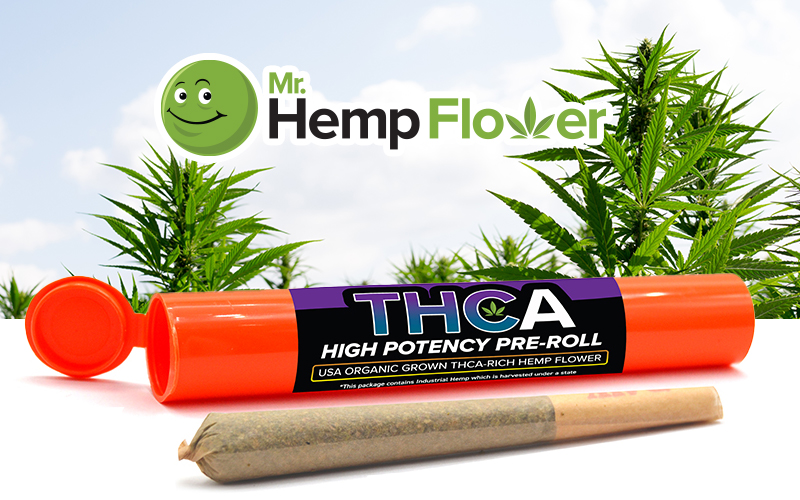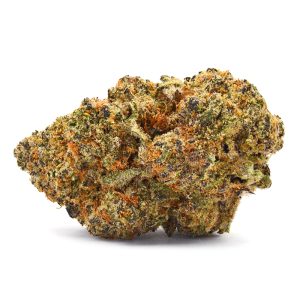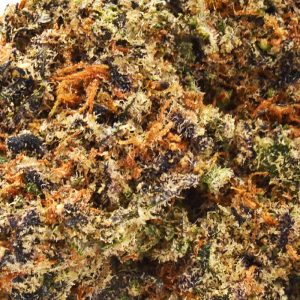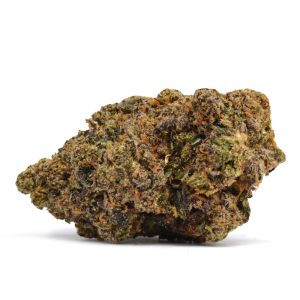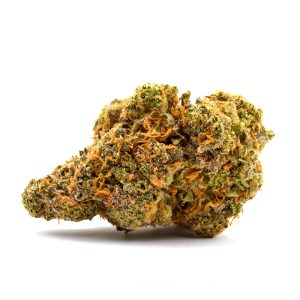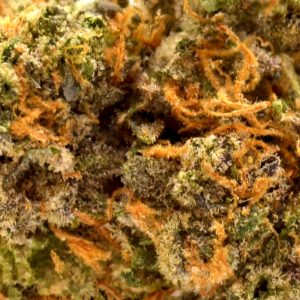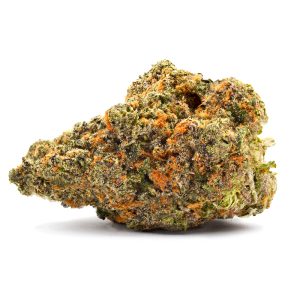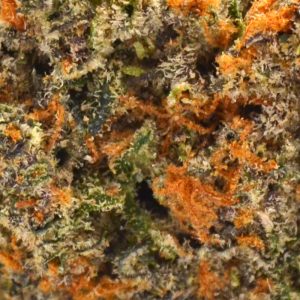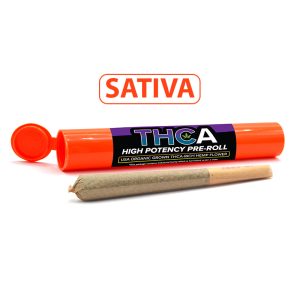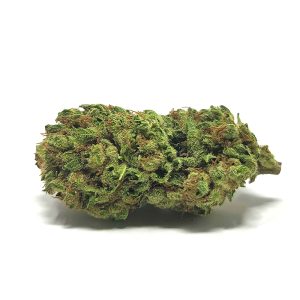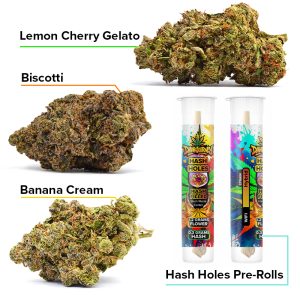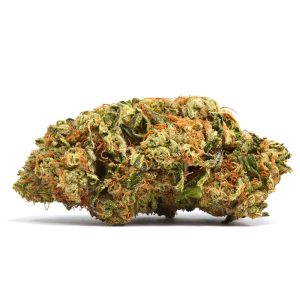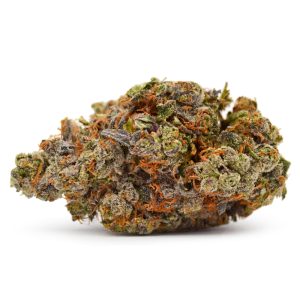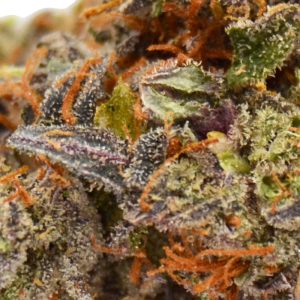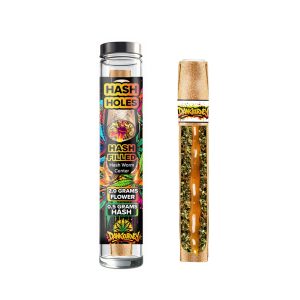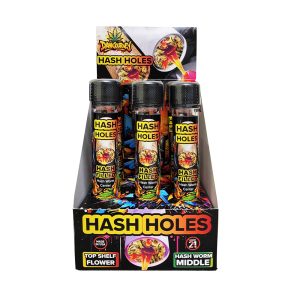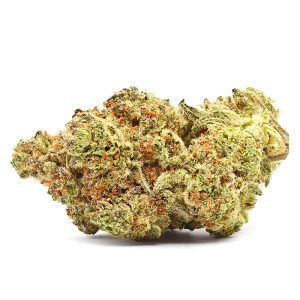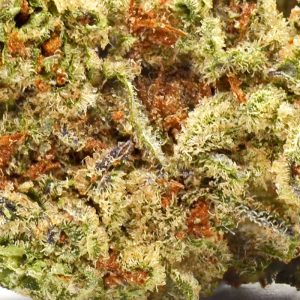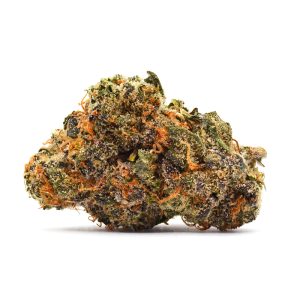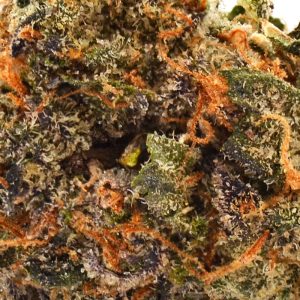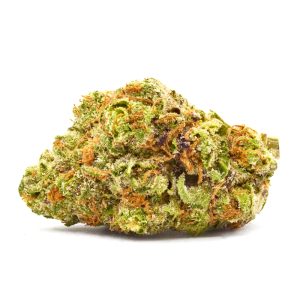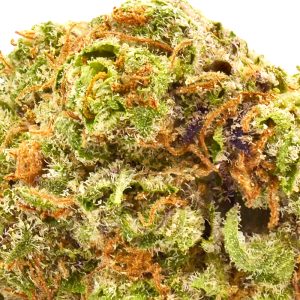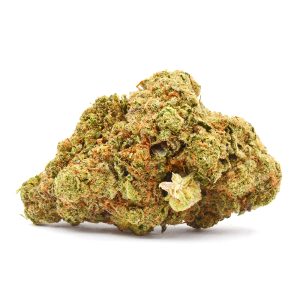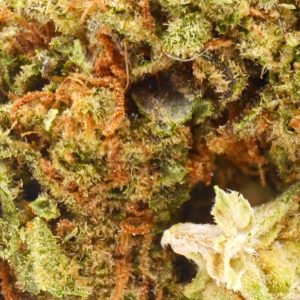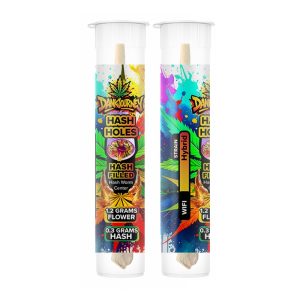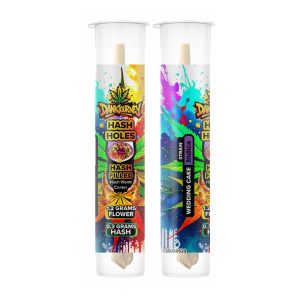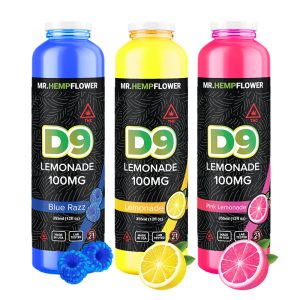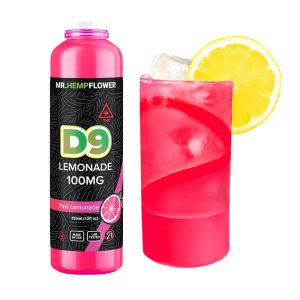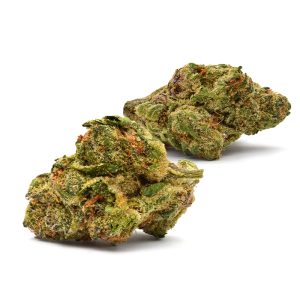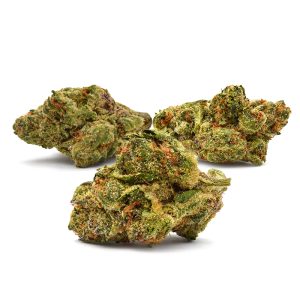Does THCa Get You High
Does THCa get you high like delta 9 THC? The answer is YES! THCa is not the same as THC — they are two very different cannabinoids with similar names — but they are fundamentally connected.
If you’ve been eyeing some THCa hemp flower but don’t know what to expect regarding its effects, this article is for you. It answers your most pressing questions about THCa’s effects, psychoactivity, and how it works in the body. Let’s get right to it.
Is THCa Psychoactive?
In its raw form, THCa is not a psychoactive cannabinoid. But, here’s the thing.
THCa easily turns into THC when decarbed or exposed to heat.
This means that raw THCa will not give you a buzz. But, decarbed THCa that instantly turns into THC will get you high.
THC is the active, heated form of THCa. Its molecular shape is an excellent fit for the CB1 and CB2 cannabinoid receptors. The CB1 receptors are part of the endocannabinoid system (ECS) and are responsible for the psychoactive experience the user has when consuming THC.
On the other hand, THCa is an acid compound. This means that it has an additional carboxylic acid chain that makes it larger in size. Because of its size, the THCa molecule doesn’t “click” well with the CB1 or CB2 receptors and doesn’t exhibit the signature psychoactive effect.
How Will I Feel After Consuming THCa?
Smoking THCa flower will get you intoxicated.
When you smoke, vape, or expose THCa directly to heat, it turns into delta 9 THC.
So when you buy THCa flower, the THCa content listed on the label is the assumed THC content that you’ll get after the THCa is decarboxylated. Therefore, smoking THCa flower is essentially the same as smoking regular marijuana flower.
Consuming THCa in its raw form might make you feel energized and uplifted.
Some people tend to get tired and drowsy. If you take it in high doses, you might experience side effects like dry mouth or diarrhea.
Taking raw THCa shouldn’t make you feel intoxicated, anxious, paranoid, or “couch-locked” the way THC does. If you experience any of these effects, this might indicate that you’ve taken decarbed THCa, or simply THC.
THCa vs. THC: Decarboxylation Process
THCa is an unstable molecule that easily converts into THC when exposed to heat, oxygen, and sunlight. Even exposure to room temperature can kickstart the degradation of THCa to THC.
Converting THCa into THC can be natural and “assisted”. Natural degradation happens when cannabis isn’t stored correctly or is exposed to sunlight. The biological degradation of THCa is a slower process compared to “assisted” degradation when the plant material is exposed to direct heat.
The degradation of THCa into THC is known as “decarboxylation,” which explains the process of THCa losing its additional carboxylic acid chain.
There are several ways to decarboxylate THCa, and each involves heat.
- Smoking — Although not the best alternative for your lungs, when you smoke cannabis flower, the heat quickly converts the THCa content to delta 9. Exposing cannabinoids to direct heat means quick and efficient conversion but also loss of some cannabinoids or a percentage of the THCa in the process.
- Vaping — Vaping is considered safer than smoking, but it’s still not the ideal option for the lungs. You need special equipment for vaping, and the perfect temperature for vaping concentrates is 315° Fahrenheit or 157° Celsius.
- Cooking — Many people create their own cannabis edibles by decarboxylating the THCa flower and infusing it in oil. According to research, heating cannabis plant material at 320° F or 160° C converts THCa to THC in ten minutes. THCa converts to THC in seconds when heated at temperatures over 392° F or 200° C. To avoid “burning” the cannabinoids, use the optimal 200-240° F and heat for 30 minutes [1].
- Natural sunlight — If the cannabis plant material is exposed to natural sunlight for extended periods of time, the THCa will turn into THC. This is why you can get intoxicated when consuming or smoking old or improperly stored cannabis.
Regardless of the method used, the end outcome is turning THCa into THC, which will get you high. Yes, even if your pre-roll contains 10% or 14% THCa and 1% or 0.3% THC, you will get a psychoactive experience.
How THC and THCa Work?
THC and THCa work differently in the body.
We all know THC — the active cannabis compound that produces the intoxicating marijuana experience. This compound works in the body by binding to cannabinoid receptors located in the brain region that regulates memory, perception, and mood.
THC binds to the two main endocannabinoid receptors CB1 and CB2. CB1 receptors are located in the brain region that regulates memory, perception, and mood. They are also the receptors responsible for the psychoactive experience of cannabis.
Not much is known about the binding mechanisms of THCa in the body. But, it is known that it doesn’t bind to CB1 and CB2 receptors in the body. Although it may influence them through different pathways, more research is needed.
Delta 9 vs. THCa
The main difference between delta 9 and THCa is that THCa lacks cannabimimetic effects [2].
This means that THCa doesn’t exhibit similar pharmacological effects to cannabis. Raw cannabis or the marijuana plant is abundant in THCa. So juicing freshly picked, raw cannabis leaves, eating raw weed (in salads and dips, where legal), and consuming THCa isolate or raw cannabis tinctures won’t give you a psychotropic experience.
THCa is one of the over 130 cannabinoids or natural chemical compounds in the hemp plant. Cannabigerolic acid (CBGa) is the mother cannabinoid from which THCa is created when the plant matures, and the cannabinoids begin to form.
Alongside THCa, the cannabis plant produces cannabinoid acids like CBDa and CBCa. These also convert into their active forms, CBD and CBC, when exposed to heat.
It may seem like the acidic forms don’t offer any benefits to the user, but that’s simply not true. They are so nutritionally rich that they make raw cannabis a superfood.
Suppose you consume raw cannabis (buds and leaves) and still get intoxicated. In that case, it’s probably because the cannabis material is not that fresh, and the THCa in it has already started decarboxylating. Whenever you feel an intoxicating effect from cannabis, it comes from THC.
Delta 8 THC vs. THCa: Which One Should You Consume?
It depends on what you’re looking for.
Delta 8 THC is a delta 9 THC isomer that’s about 50-70% of delta 9’s potency. This cannabinoid produces milder effects than delta 9 THC and is found in cannabis plants in minuscule concentrations.
Delta 8 THC is a psychoactive cannabinoid. So choosing between delta 8 and THCa is similar to choosing between delta 9 and THCa.
Have You Tried Mr. Hemp Flower Yet? Hemp Strains With High THCa Percentage
Our hemp flower strains have a high percentage of THCa.
What does that mean?
While some brands spray CBD flower with THCa concentrate, we grow THCa-rich hemp flower. We collaborate with expert farmers who cultivate organic hemp naturally rich in higher levels of THCa.
As you know, THCa exposed to heat (smoking) converts into THC — and gets you intoxicated. So smoking our hemp flower will have a psychoactive effect on your mind. But is THCa legal? Yes, regardless of the high THCa percentage in the flower, our hemp flower is considered legal under the 2018 Farm Bill.
Embarking on a THCa hemp flower journey can be challenging, so we recommend you start with our Sativa THCa Flower Pre-Rolls (17% total THC). These pre-rolls exhibit uplifting and calm feelings that keep you focused and energized throughout the day.
If you’re more of an indica person, try our Indica THCa Pre-Rolls (16-20% total THC). These one-gram Purple Lamborghini pre-rolls have an original skunky grape taste from its rich terpene and cannabinoid profile.
Our customers love our THCa flower collection better than other brands because it’s superior in quality. If you need assistance purchasing THCa flower, don’t hesitate to contact us.
FAQs on THCa Effects & Psychoactivity
Here are some answers to your most burning questions about the effects of THCa on the body, the price of buying THCa flower, and safety.
Is THCA completely lost when you heat weed?
No, THCa isn’t completely lost when heated.
THCa can be found, with THC, in the serum, oral fluid, and urine of cannabis consumers. Research shows that the decarboxylation of THCa during baking and smoking is rapid but only partial. So not all THCa converts to THC when decarboxylated [3].
Is it safe to consume THCA?
We need more research on the safety profile of THCa.
Early studies and anecdotal evidence show that THCa is safe to consume when used in moderation. With that said, taking any substance in extreme doses might cause you harm, including THCa.
Some users are more sensitive to THCa (and some may be allergic to this substance). In general, THCa tends to produce milder side effects than THC. The user may experience side effects, including dry mouth, anxiety, fatigue, and dizziness if consuming a high dose.
Does THCA have health benefits?
Yes, THCa does have health benefits.
Studies indicate that this compound interacts with several molecular targets in the body and exhibits potential neuroprotective, anti-inflammatory, immunomodulatory, and antiemetic properties. However, these findings come primarily from animal studies, so we need more studies on human subjects [3].
What happens if you consume THCa?
Unlike THC, THCa doesn’t elicit psychoactive effects in humans.
Because of this, its pharmacological value often seems neglected. Despite this, studies show that THCa has an active pharmacological profile and exhibits potential anti-inflammatory, neuroprotective, and antiemetic properties.
Is a higher THCa better?
It depends on the effects you’re looking to achieve.
If you smoke or vape THCa, you will get intoxicated because 70% of the THCa will turn to delta 9 THC. If you consume it in raw cannabis, THCa doesn’t get you intoxicated, but its exact dosage to cause the desired pharmacological effects remains unknown.
The best approach to dosing THCa is to start with a low dose of 25 mg. If you want to convert THCa to THC, the beginner’s dose is 2.5 mg (microdose), while seasoned users go from 10 mg and above.
How much is a gram of THCa worth?
A gram of THCa hemp flower is worth anywhere from $10 to $15, depending on the cannabis strain and cannabinoid concentration.
Do drug tests detect THCa?
Yes, a drug test will most likely detect THCa.
Most cannabinoids metabolize into different varieties of the THC-COOH, the main active metabolite standard drug tests look for. So there’s a possibility for the test to show a positive, mainly if you’ve used THCa in combination with any other THC isomer, including delta 9 and delta 8.

